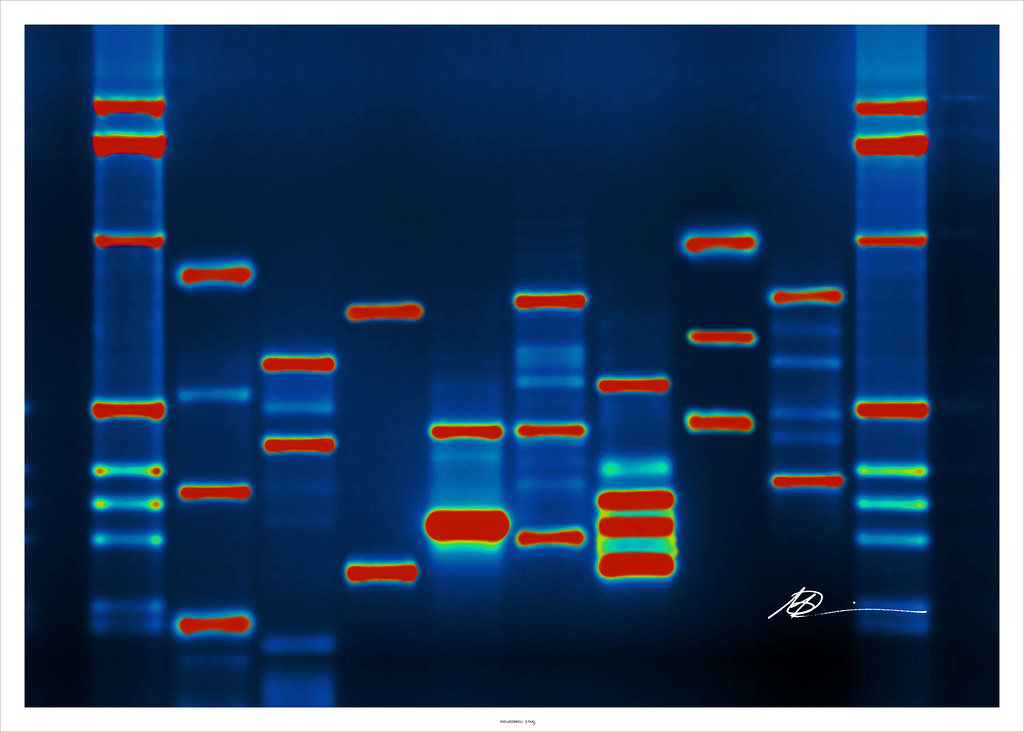There is a recommendation out there to avoid using tap water in the garden because the chlorine in the water harms beneficial bacterial in your soil.
Last Year’s Video
Last year in the testing garden assumptions series I took on this claim in my garden.
In order to test this assumption I took a variety of samples to Maxxam Analytics for analyse. I sent in a untreated control and samples where the soil had been treated a number of different ways using tap water. Maxxam then analysed the bacterial colonies to see if treating the soil with tap water would result in a reduction in the concentrations of bacteria in the soil.
I rarely use tap water so the populations of bacteria are likely robust and represent species that are both sensitive and resistant to chlorine and everything in between. Although not all of the bacteria in my soil can be cultured the ones that can be should be representative enough to allow us to determine if the chorine in tap water was going to kill bacteria.
I found in last year’s video that there was no noted difference in bacterial numbers when comparing the control to the extreme situation of 0.5 grams being put directly into tap water.
When I completed this study I had a hard time finding any peer reviewed research supporting or refuting these results. Recently I ran across a paper I thought I would share today.
Peer reviewed research:
For a long time researchers have hypothesized that tap water even after all of the treatment had bacteria in it.
A recent paper in the Journal of Microbes and Environments had a paper from researchers from Lund University in Sweden that took a look at fresh tap water to see if there were any bacteria in it.
They took a look at drinking water distribution systems and using next-generation genetic sequencing went about looking for bacteria. This method does not require you to be able to grow the bacteria in the lab to count it rather is kills everything and uses the DNA to figure out what was in the water. The researchers found millions of bacteria in the tap water…
References:
[1] Bacteria Found in Tap Water:
https://www.jstage.jst.go.jp/article/jsme2/30/1/30_ME14123/_pdf
[2] Epcor
http://www.epcor.com/water/water-quality/reports-edmonton/Pages/reports.aspx
[3] How Chlorine Kills Bacteria
http://www.livescience.com/37122-how-chlorine-kills-pool-germs.html
Lab Reports:
Soil Bacterial Count Lab Report:
http://www.albertaurbangarden.ca/wp-content/uploads/2015/06/150604_AlbertaUrbanGardenCertificateofAnalysis-RevisedReportCityWaterSoilTests.pdf
City Water Chlorine Lab Report:
http://www.albertaurbangarden.ca/wp-content/uploads/2015/06/150604_AlbertaUrbanGardenCertificateofAnalysis-CityWaterInitialChlorine.pdf
Related Episodes:
Does the Chlorine in Tap Water Harm Beneficial Bacteria?
Photo Credits Open Source for use as per Google Search
DNA Helix
https://pixabay.com/en/dna-biology-medicine-gene-163466/
Vial and DNA Helix
http://research.webometrics.info
DNA Sequence in Gel

Cultured Bacteria
https://en.wikipedia.org/wiki/Growth_medium

Comments are closed.